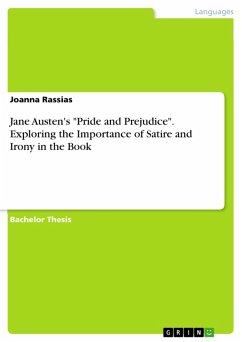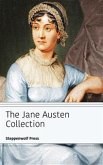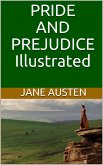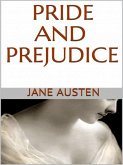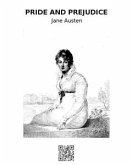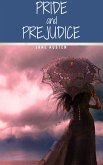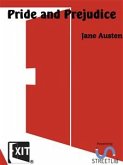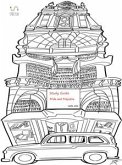Bachelor Thesis from the year 2022 in the subject Literature - Comparative Literature, grade: 90.50, The American University, Washington, DC, language: English, abstract: Satire is a literary device, praised for its "use of humor, irony, exaggeration, or ridicule to expose and criticize people's stupidity or vices, particularly in the context of contemporary politics and other topical issues," ("satire"). Pride and Prejudice is thought to be the most comical of her novels. Humor can be found just about everywhere, between the character descriptions, the imagery, and even the expressions of the characters, themselves! Satire and humor was an effective way for Austen to express her opinion on what was going on around her at the time without having to attach her name directly to these unpopular opinions on topics like love, marriage, and scandal. In what is quite possibly her most whimsical, respected, and admired work, originally titled, First Impressions, Jane Austen's Pride and Prejudice entices its readers to envision themselves as the protagonist in the ultimate tale of "enemies to lovers". Crafting each of her characters to perfection at the age of just 20, Austen has seemingly illustrated the ideal model of what marriage was like in Regency England, with quite possibly one of the most prominent and renowned opening sentences of any novel, "It's a truth universally acknowledged, that a single man in possession of a good fortune, must be in want of a wife," (Austen 1). What is often overlooked is that imbedded in one of the most acclaimed and studied opening line reveals the omniscient narrator's satirical approach to marriage in Regency England.
Dieser Download kann aus rechtlichen Gründen nur mit Rechnungsadresse in A, B, BG, CY, CZ, D, DK, EW, E, FIN, F, GR, HR, H, IRL, I, LT, L, LR, M, NL, PL, P, R, S, SLO, SK ausgeliefert werden.
Hinweis: Dieser Artikel kann nur an eine deutsche Lieferadresse ausgeliefert werden.

